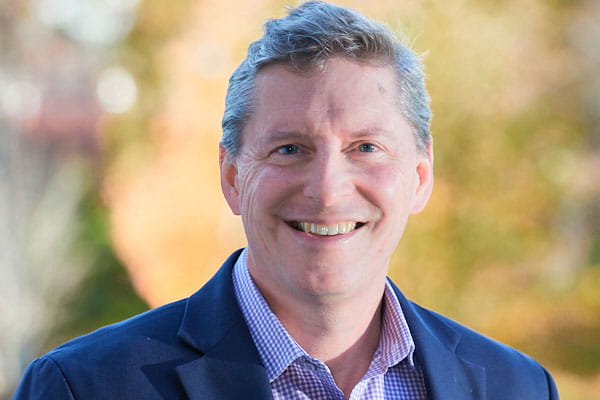The National Endowment for the Humanities (NEH) has announced $31.5 million in grants for 226 humanities projects across the country. Endicott College is among the awardees, receiving nearly $200,000 to host “The Salem Witch Trials: Their World and Legacy,” a three-week institute for 26 middle and high school teachers in July 2023. The program will be co-directed by Mark Herlihy, Dean of the School of Social Sciences, Communication, and Humanities, and Elizabeth Matelski, Associate Professor of History.

“We are thrilled to receive news of the award,” said Herlihy, who teaches an Endicott course with Matelski on the Salem Witch Trials. “The NEH’s grant selection process is very competitive. The majority of proposed projects do not receive funding. This award is a testament to the strength of our humanities faculty and programs.”
The NEH award will allow Endicott to run the program the way it was originally envisioned—as a primarily in-person experience with participants from across the country traveling to the College to learn about the trials and their legacy in sessions led by Endicott faculty and other experts, and by visiting historic sites in both Salem and Danvers (originally Salem Village), and working with original trial records from the Peabody Essex Museum’s Phillips Library.
Matelski, who won the 2022 Academic Excellence Award for her research on the life and legacy of enslaved Beverly man Robin Mingo, specializes in 19th- and 20th-century American history. Earlier this summer, Matelski’s research into Mingo—the namesake behind Endicott’s own Mingo Beach—made national headlines. She is also the 2022 inaugural Tadler Center Fellow.
The NEH is an independent federal agency created in 1965. It is one of the largest funders of humanities programs in the U.S., with grants typically awarded to cultural institutions and individual scholars.


